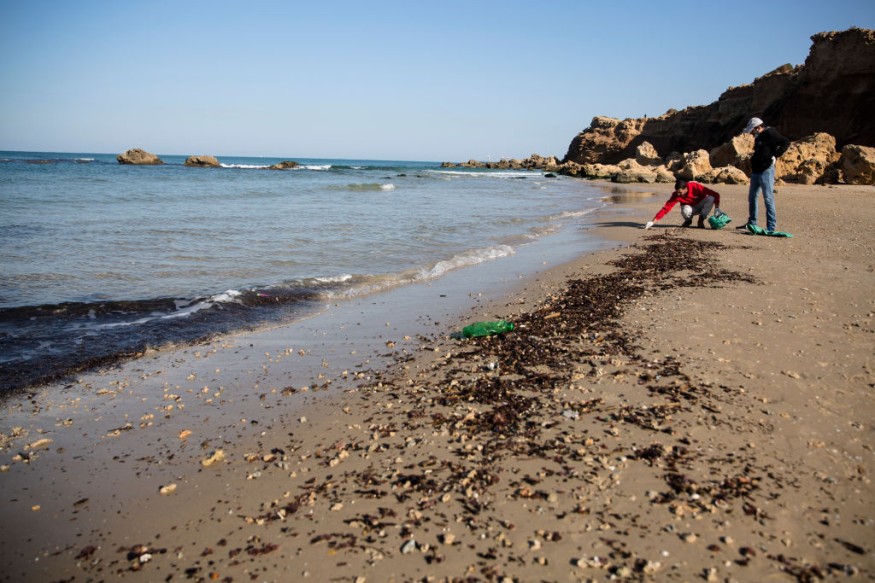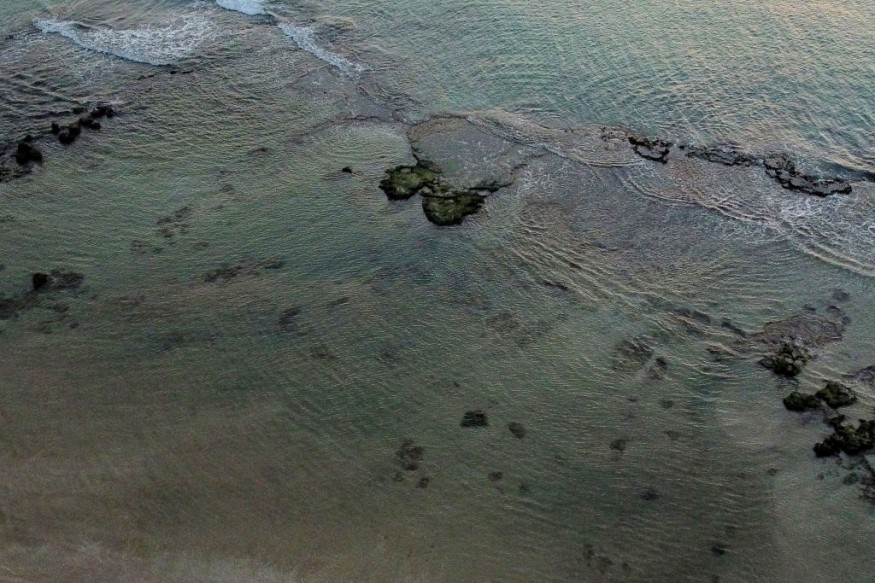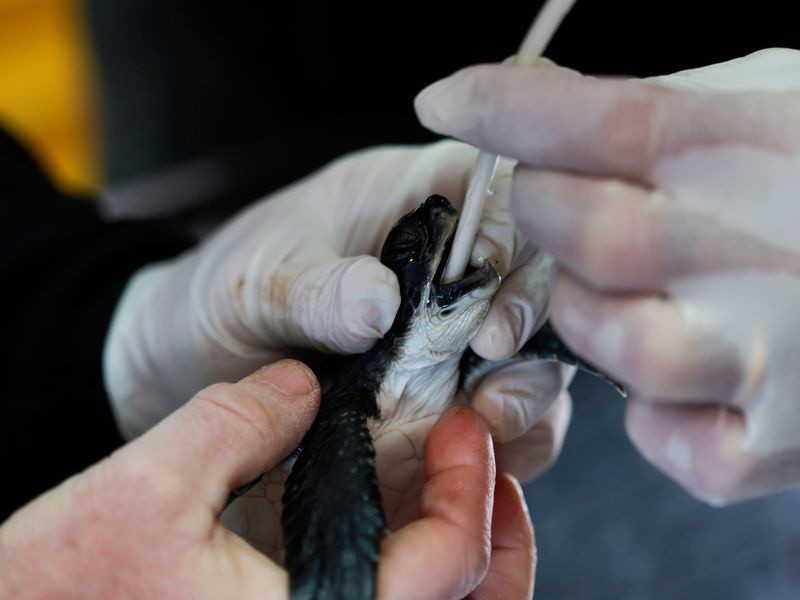

The Environmental Protection Ministry declared the emergency over on Wednesday, one month after tar from an oil leak at sea wreaked havoc on Israel's coastline. However, the cleanup operation is still on going.
Tar in the Storm
Last month, an estimated 1,000 tons of tar washed up on Israel's Mediterranean coast, with 600 tons cleared so far, according to Channel 12 news. The event has been dubbed one of Israel's worst environmental disaster by Nature and Parks Authority. It was labeled as the "Tar in the Storm," and was classified as a Tier 2 pollution event.
Related Article: Israeli Environmental Ministry Clarifies Greek Tanker Did not Cause Oil Spill
Continuing Efforts
"We are going to the next level and continuing to supervise the coastal authorities in further cleaning and elimination of tar to achieve a full cleanup of the beaches," Environmental Protection Minister Gila Gamliel said in a statement.
"We express our gratitude to the ministry, city governments, volunteers, and environmental groups. The incident was handled effectively and safely with their assistance," she said.
In recent weeks, 83 of Israel's 101 official beaches have passed the coastal tar index, with 82 percent of them reopening to the public. Sixty-one percent of the beaches were found to be safe or with minimal pollution; 36 percent had mild to moderate pollution; and three percent, nearly half of the rocky beaches, were still severely polluted.
Current Cleaning Efforts

The Environmental Services Company, which is under the authority of the Environmental Protection Ministry, has cleaned over 650 tons of mixed tar in recent weeks, accounting for 83 percent of the garbage that has fallen on Israeli shores.
Change in Jurisdiction
According to a press release from the ministry, the cleaning activity will be taken over by coastal authorities starting Wednesday. The Environmental Protection Ministry forms a team to supervise them and perform diving surveys to identify tar lumps.
Around the same time, the ministry said it would continue to pursue a lawsuit with the International Oil Recovery Fund for compensation for the spill's environmental impact.
After the news of the oil spill spread, Gamliel has been chastised for being so late in washing up and investigating the tragedy. Gamliel responded to the criticism by blaming the delays on the incident's and investigation's foreign existence.
"It should be noted that this is a complex inquiry, with the majority of it taking place outside of the State of Israel's territorial waters, but we are working with foreign bodies to identify those responsible for the damage," she said last month.
Later, Gamliel alleged that the oil spill resulted from an intentional attack by Iran, but she offered no evidence to back up her argument. Senior security officials quickly refuted the argument, with Channel 13 news stating that Israel's defense establishment "does not share this assessment."
Result of the Investigation

The Wall Street Journal confirmed last week that Israel has targeted at least 12 ships bound for Syria with mines and other weapons since 2019. The majority of the ships were carrying Iranian crude. The tankers were not destroyed, but at least two of them were forced to return to port in Iran due to the attacks.
The Emerald was declared as the ship responsible for the Environmental Protection Ministry's oil spill earlier this month. According to the inquiry, when the leak happened in early February, the ship was smuggling oil from Iran to Syria.
According to information provided to the Environmental Protection Ministry by a private intelligence agency, the Malah family of Syria owns the Emerald via a complicated arrangement.
ALSO READ: Sea Turtles in Danger as Oil Spill Hits Lebanon
For more environmental news, don't forget to follow Nature World News!
© 2025 NatureWorldNews.com All rights reserved. Do not reproduce without permission.





